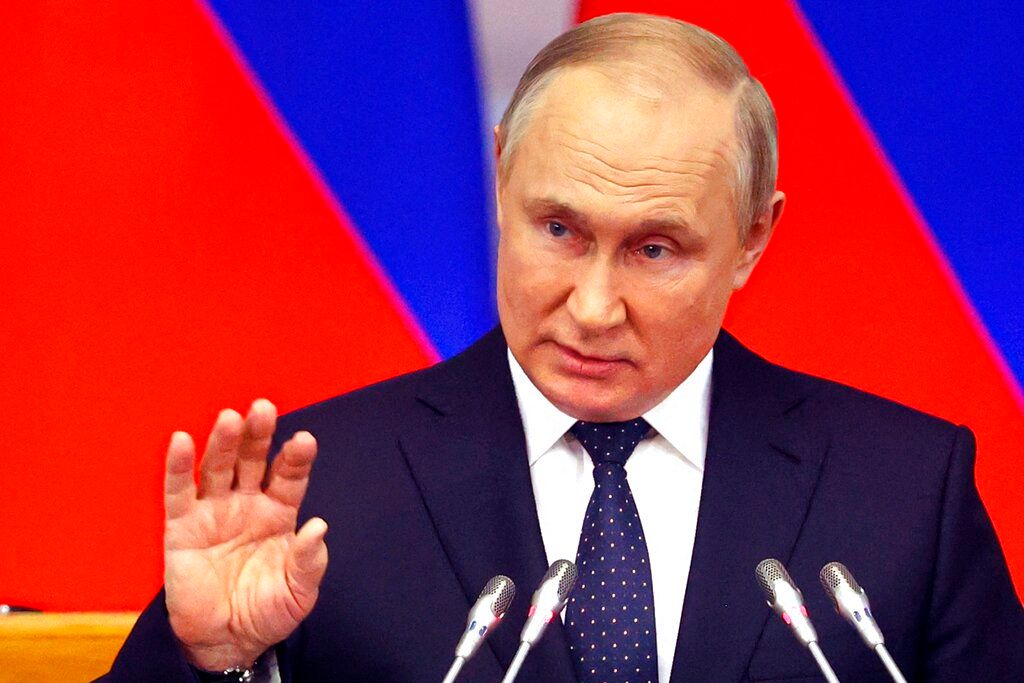Previously, Russian President Vladimir Putin has sent out his troops to wreck Ukraine in the name of a “special military operation.” Now, no more under a pretense, Putin could declare a full-blown war with a formal declaration on May 9, according to speculations of analysts and Western officials.
But why May 9?
Commemorated as Victory Day, May 9 marks Russia’s triumph over the Nazis in 1945. The day is observed with a military parade in the Russian capital and national leaders standing on top of Russian politician Vladimir Lenin’s tomb situated in Red Square.
While Putin declaring war on Victory Day may be symbolic, it won’t be the first time that the KGB foreign intelligence officer-turned president has strategically planned to unleash aggression on a symbolically significant day. Russia began its invasion of Ukraine on February 24, just a day before the Defender of the Fatherland Day, an important military holiday.
Also Read: Pope Francis seeks to meet Russian President Vladimir Putin to end Ukraine war
So what could happen on May 9?
Oleg Ignatov, an analyst for Russia at Crisis Group, believes that Putin could be considering multiple options, with “declaring war” being the “toughest scenario.”
If that doesn’t work out, he could enforce the mobilization law which can be put to use to begin military mobilization “in cases of aggression against the Russian Federation or a direct threat of aggression, the outbreak of armed conflicts directed against the Russian Federation,” Ignatov told CNN.
Also Read: Zelensky slams Russia for hinting Hitler had ‘Jewish blood’
What other options are on Putin’s table?
Even if the Russian president decides to not declare war, he could mark the symbolic day by announcing the country’s war triumphs in Ukraine such as taking full control of Mariupol or pushing further for Odessa.
Meanwhile, US State Department spokesman Ned Price said during a briefing on Monday that there is “good reason to believe that the Russians will do everything they can to use” May 9 to their advantage and “as a means to distract from their tactical and strategic failures on the battlefield in Ukraine.”







